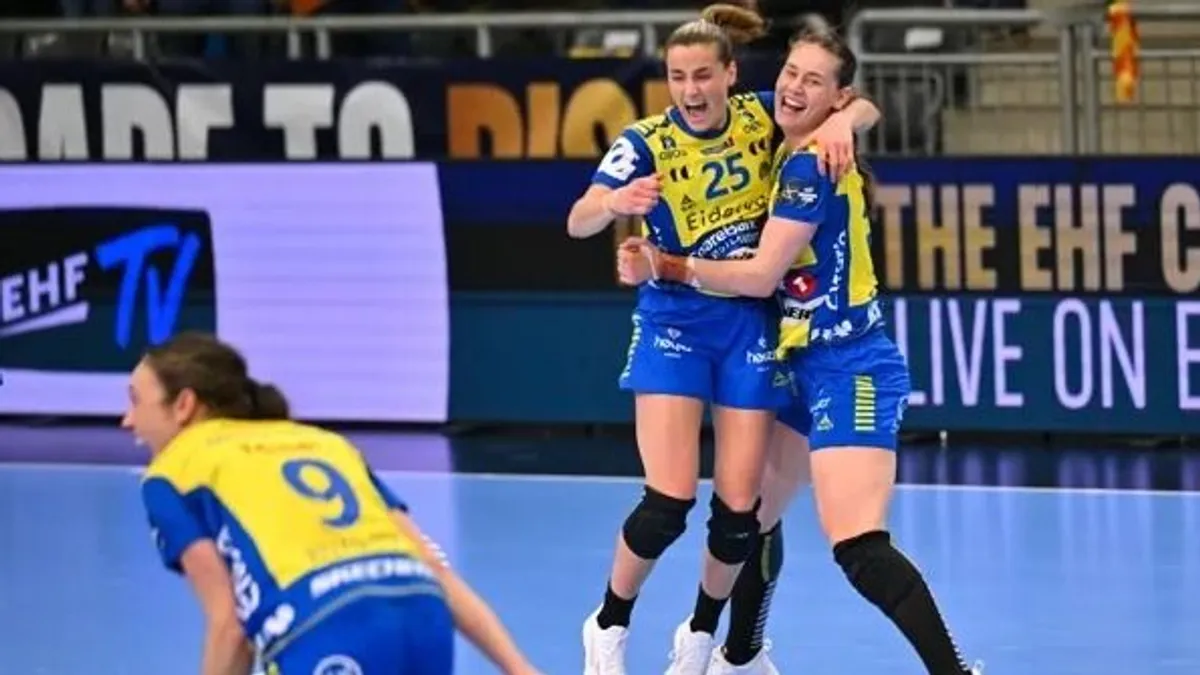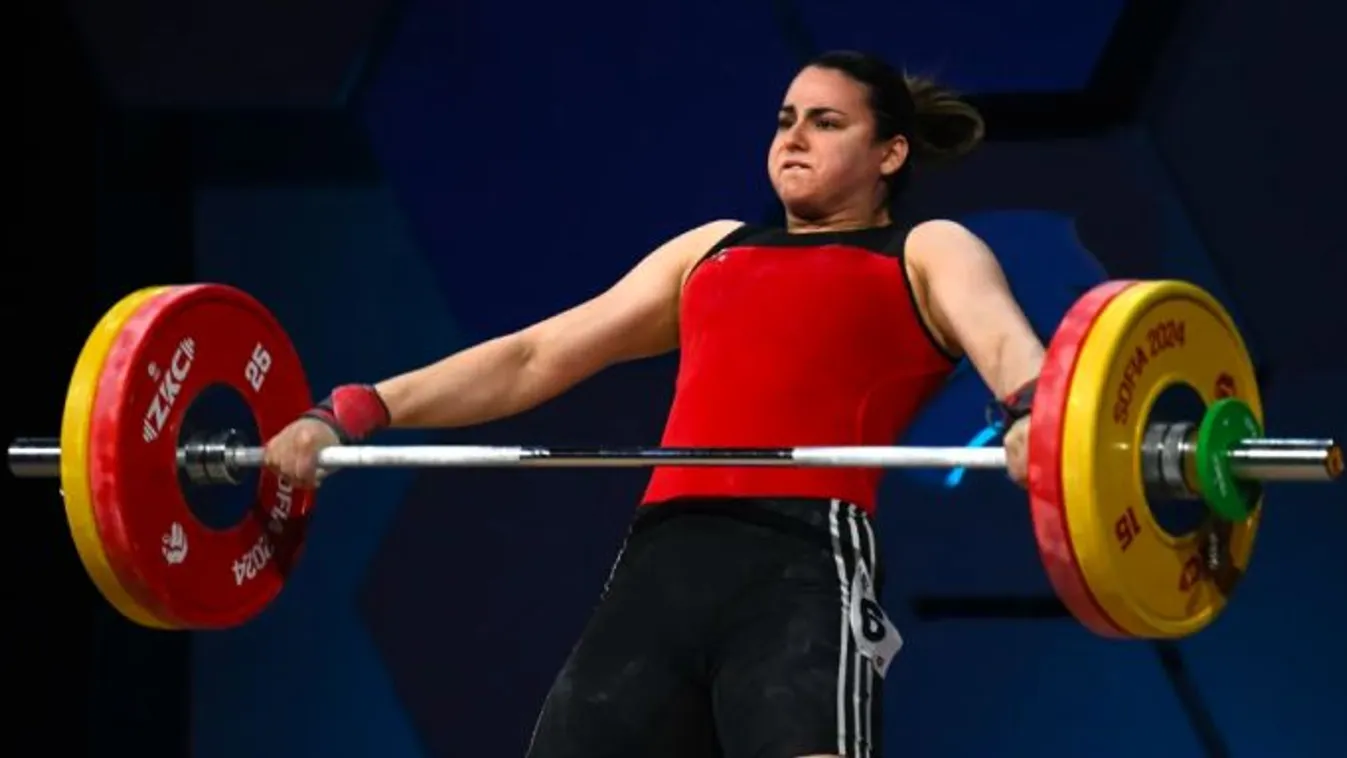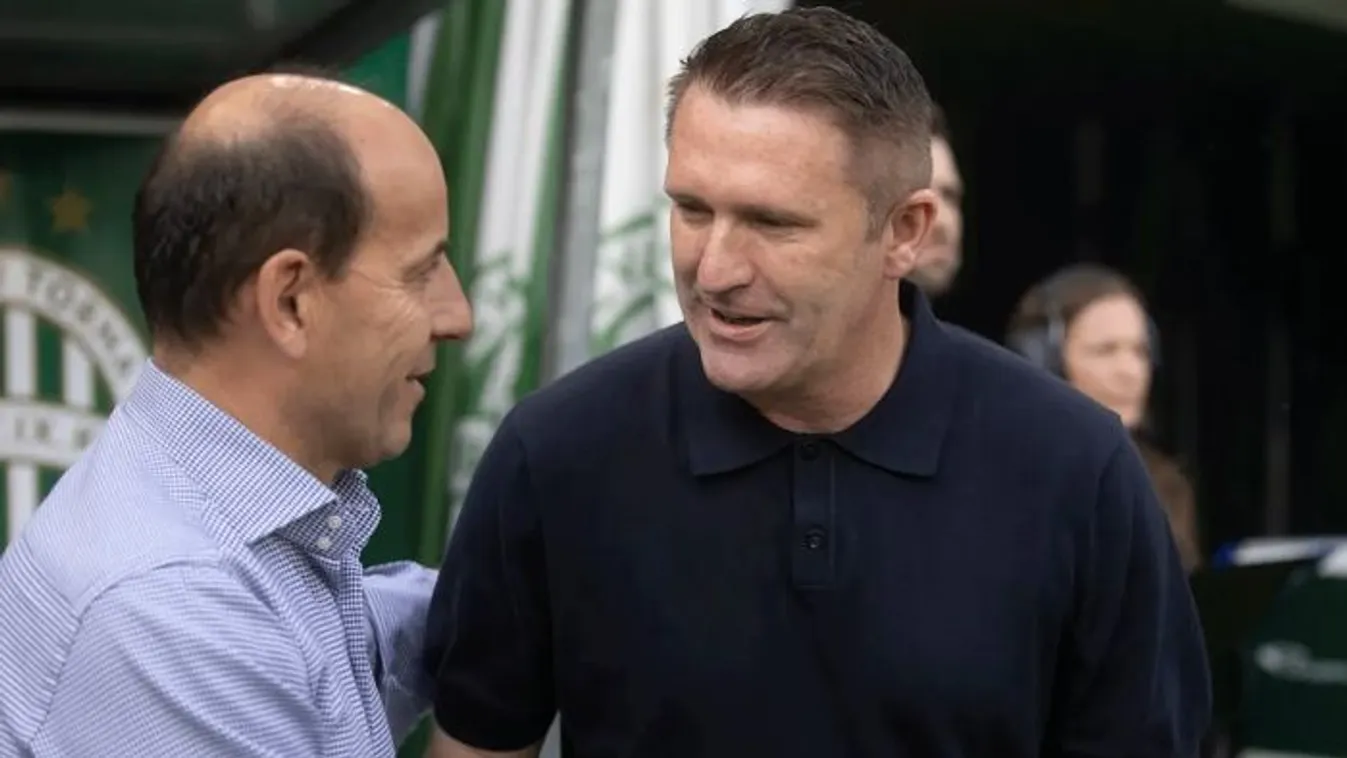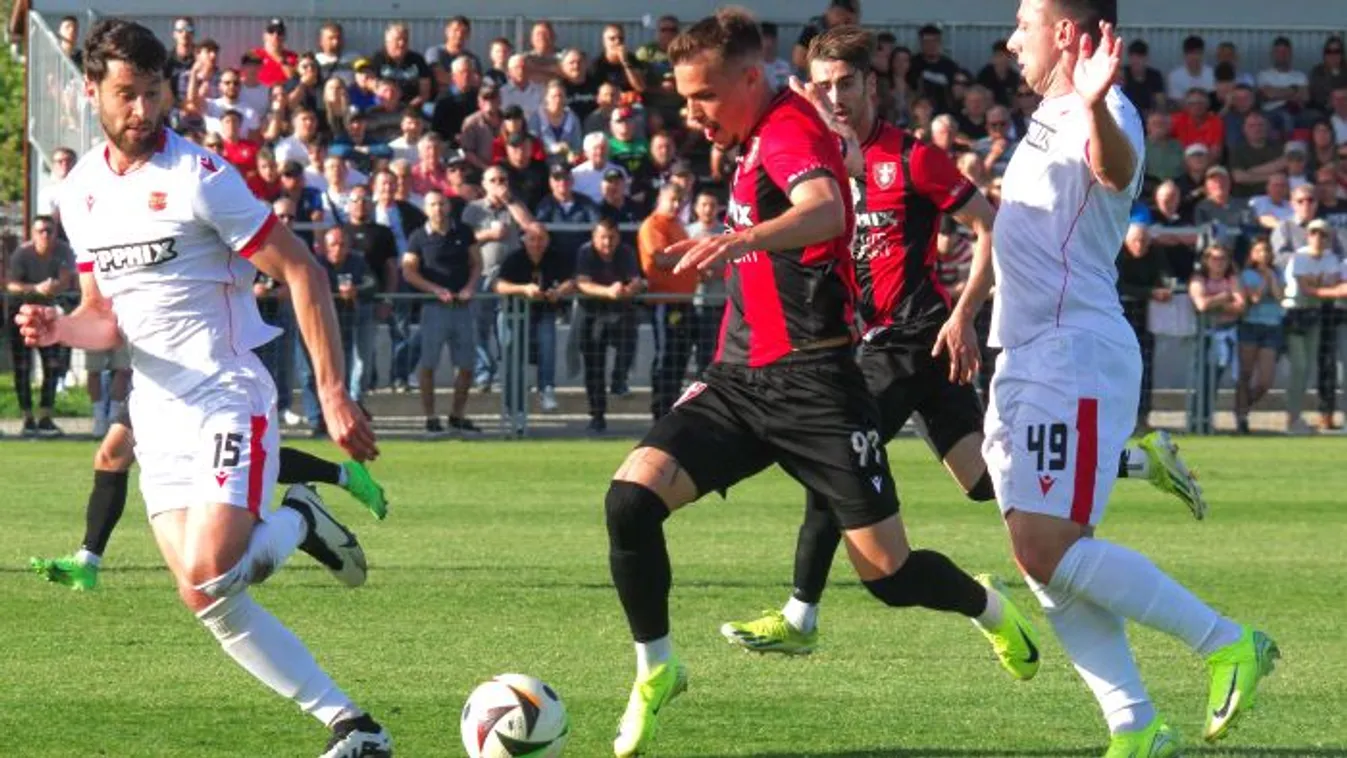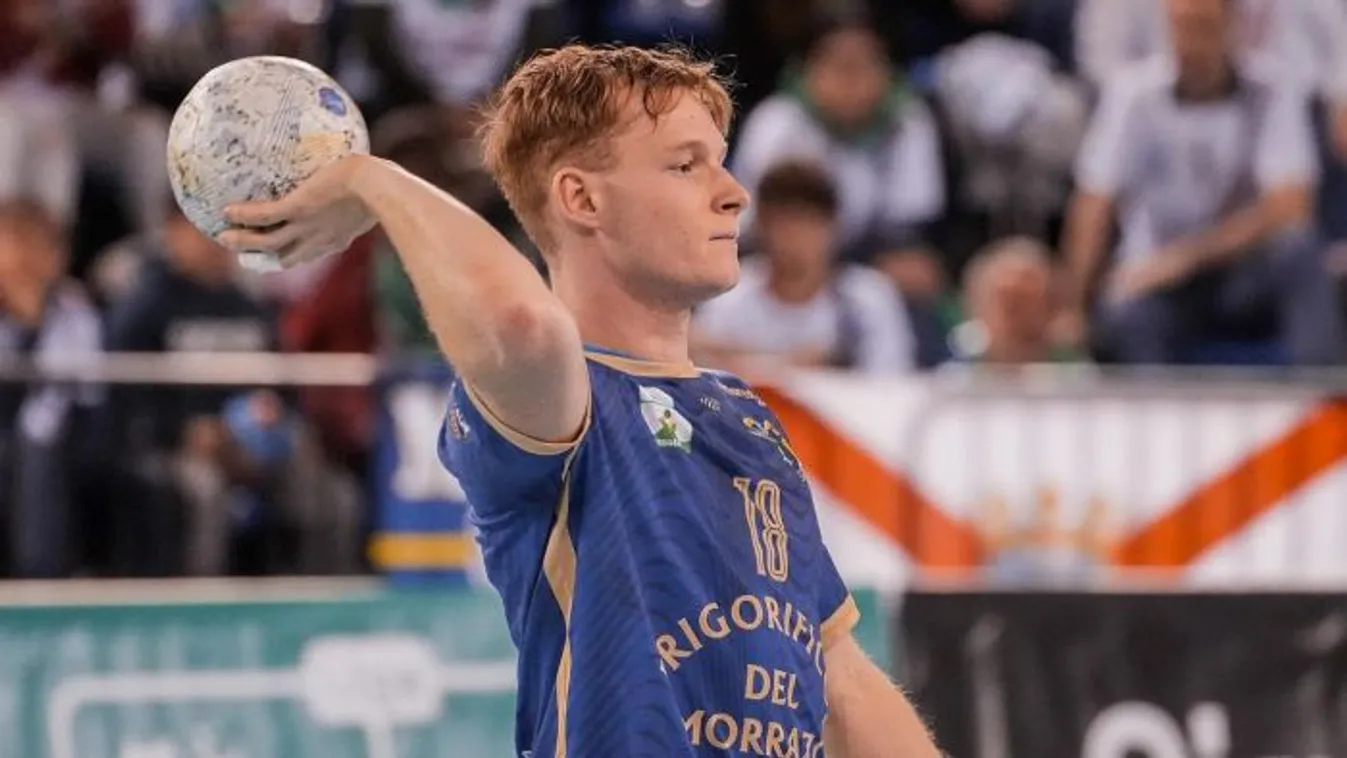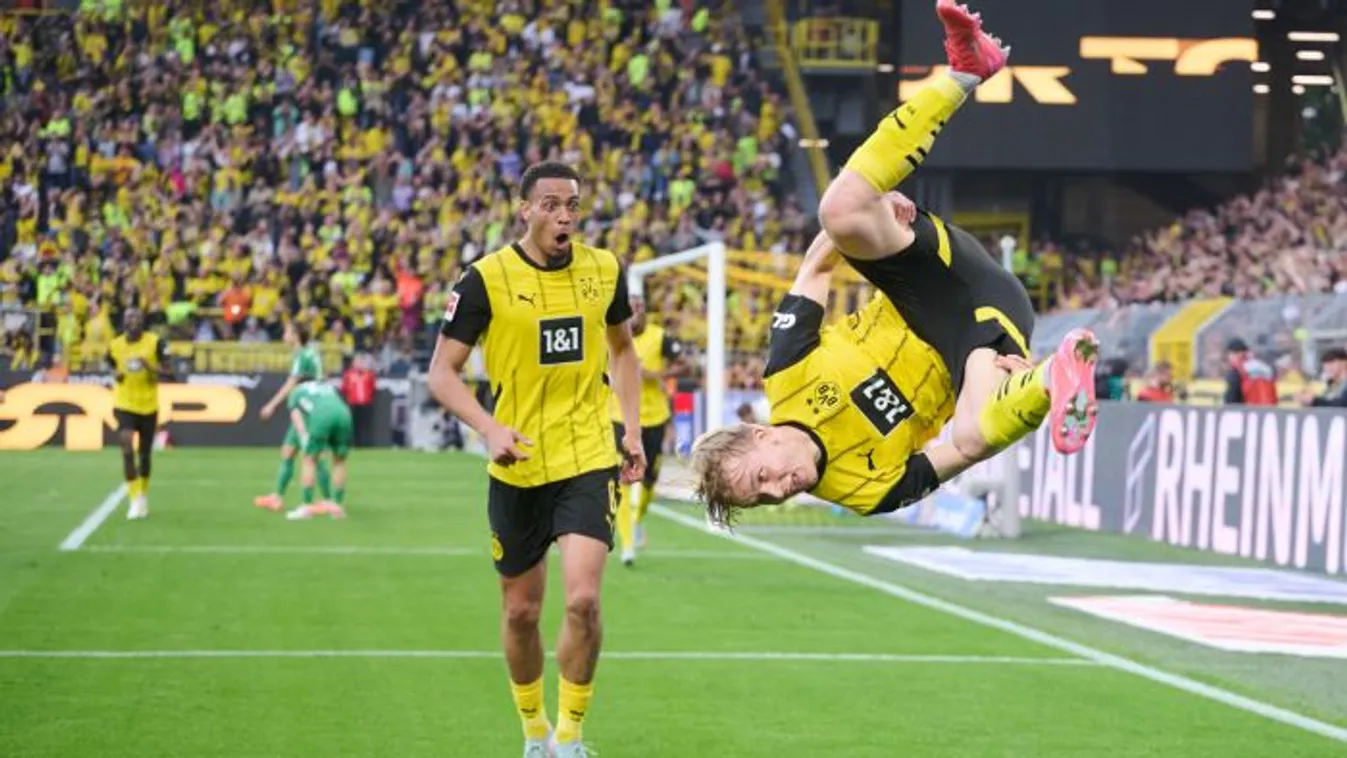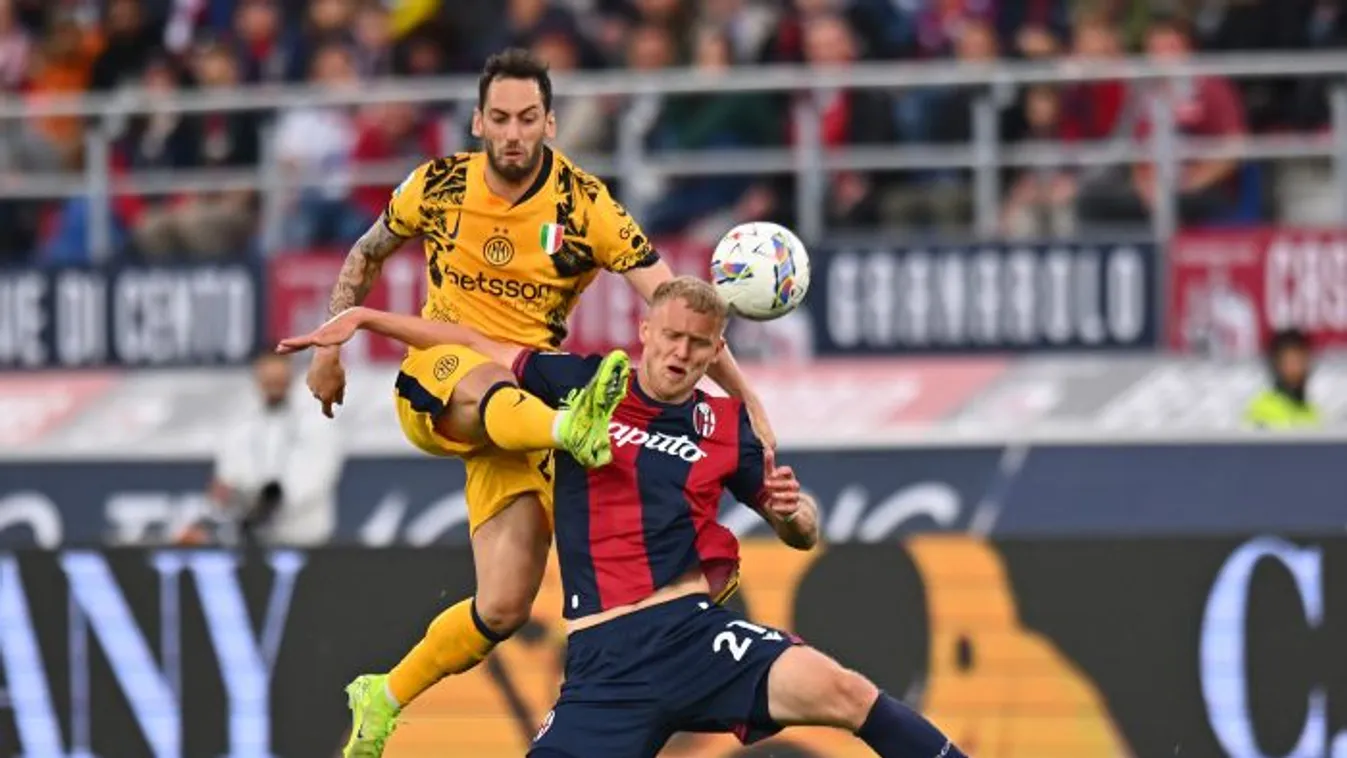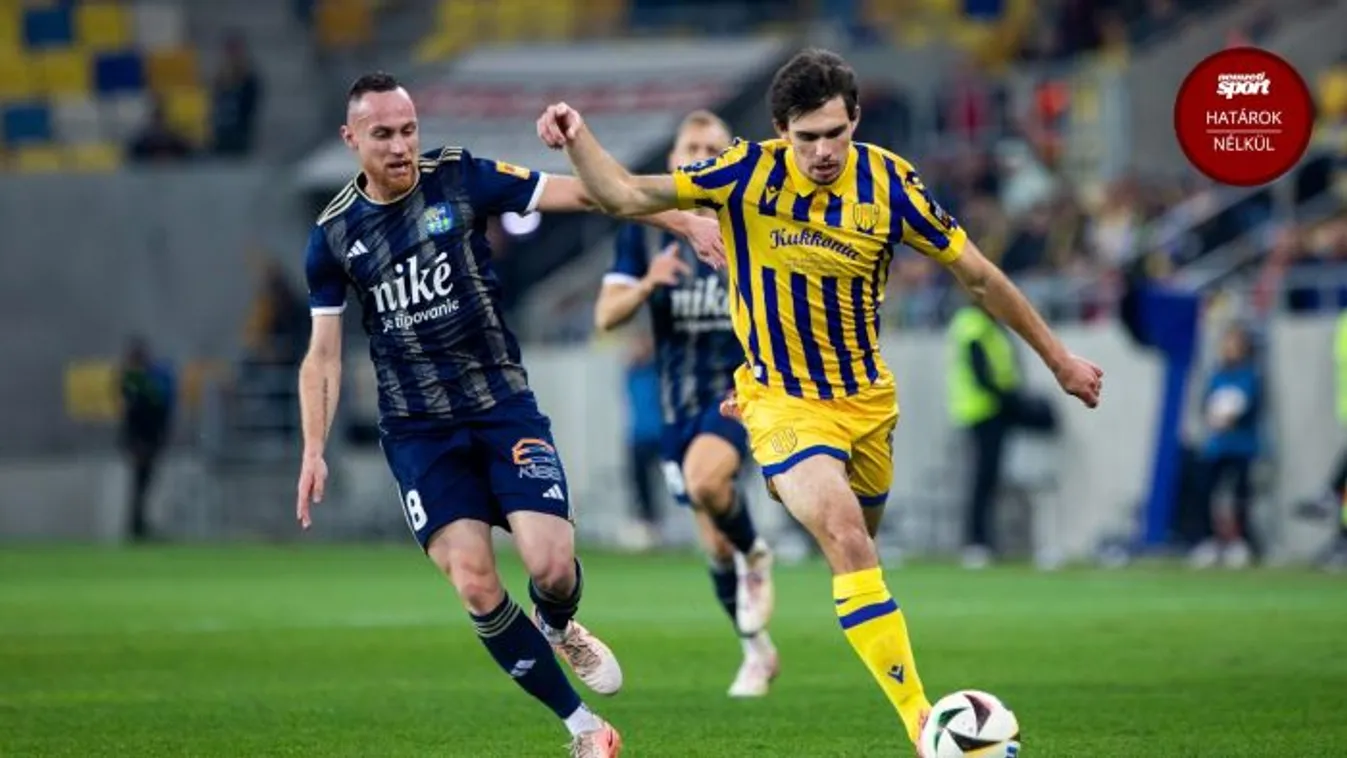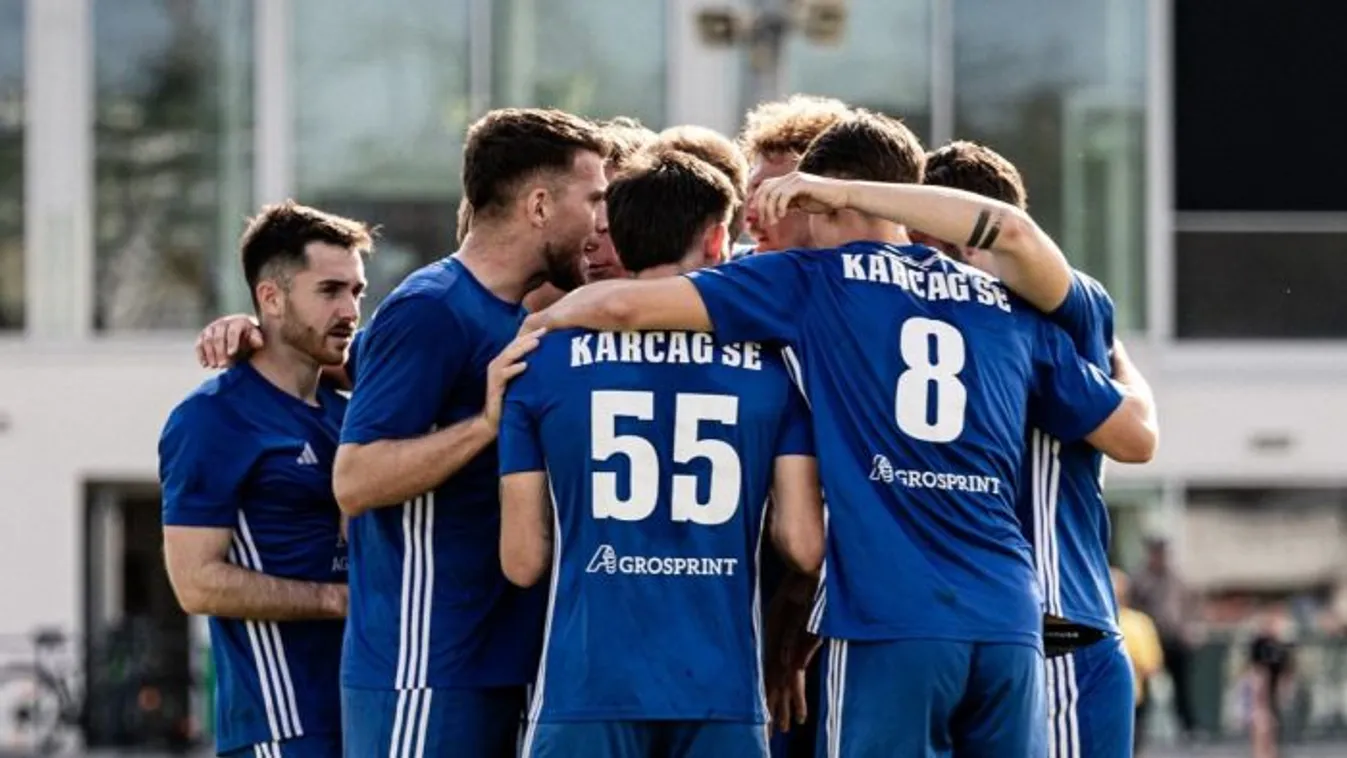Hungarian rescue efforts for the future of Ukrainian sport
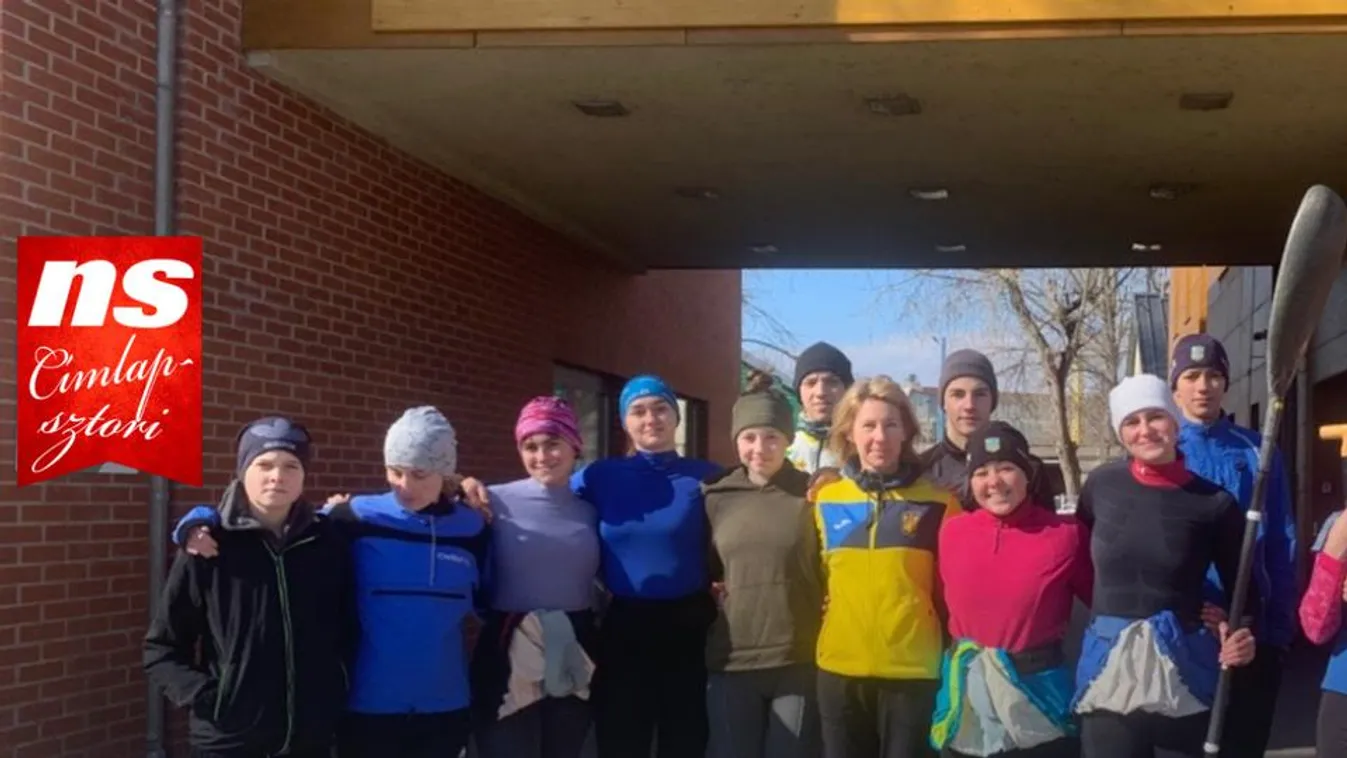
| February 25, Friday: MOL Fehérvár's four Ukrainian footballers, Artem Shabanov, Ivan Petryak, Yevhenii Makarenko, and Bohdan Lyednyev, didn't play in the OPT Bank Liga's 22nd round against Paks due to the war situation in their home country.
March 6, Sunday: UEFA has postponed the women's U17 Euro qualifying mini tournament scheduled for March 10-16, possibly to April. In addition to the Hungarian national team, the Czech Republic, Spain, and Ukraine are members of the group. |
The war in Ukraine is becoming increasingly brutal. Weapons are not selective, as news in recent days and weeks has revealed that Spartak Kharkiv's and the Ukrainian Swimming Federation's regional department's director, Ayuna Morozova, was trapped for hours before being rescued from the rubble of a bombed-out building. A stray bullet killed one of Shakhtar Donets's youth team's coaches, and two Ukrainian footballers, Vitalii Sapilo and Dmytro Martynenko, also lost their lives.
Those, who can, flee from the war. Millions, including many young Ukrainian athletes, have crossed the borders of neighboring countries. More and more people are coming to Hungary too, and the Hungarian sports world is not left out of the cooperation that is moving our entire society: federation, clubs, and academies try to provide a home for those who lost everything and to ensure that young talents can train, practice and that the situation doesn't break their careers.
Let's start with football. As we reported in the March 14 issue of our newspaper, the state-recognized Várda Football Academy assists young Ukrainian athletes in a difficult situation. As of Monday, the club had arranged more than 400 children's housing and transportation, and the number has since increased. Although the dormitory is full as it cannot accommodate more than 121 guests, they continue to do their best to ensure that young people at risk of war do not have to miss anything and that they feel at home in the new environment. Accommodation (double rooms), meals, training facilities, and programs are provided. Some of Dynamo Kyiv's youth team's polished players also joined the program.
Budapest is not left out of the helpers either. As we have learned, MTK Budapest tries to help in two ways. On the one hand, it organizes a charity together with the Pick Szeged handball club and distributes the donations to war refugees through the Baptist Charity Service. On the other hand, it took in 55 youth athletes mostly between the ages of 13 and 17 (and their four adult escorts) fleeing Transcarpathia. The majority of them are Hungarian nationals, but some are Ukrainians.
"We sent a bus to Kisvárda, and we picked them up from the collection point there," said Orsolya Balogh, marketing and communications director of the Blue and Whites. “Abouttwo-thirds of them are footballers, but there are also wrestlers, gymnasts, and rowers. We provide them with a full board. The dormitory of the Károly Sándor Football Academy, which is moving from Agárd to Budapest, is not ready yet, so we have accommodated them in a hotel for 60 people where only they are staying. We try to give everyone a continuous training opportunity in their own sport – this is the easiest for footballers, but we also solve the others' needs. In addition to sports, we organize other programs, for example, they come to our NB I league match against Kisvárda on Saturday, and we take them to the Hungarian National Museum for the exhibition titled Hidegkuti 100, which pays tribute to the memory of our club legend, Nándor Hidegkuti, who was born a hundred years ago."
Refugees also arrived in the western part of the country, in Szombathely, where the Illés Akadémia provides help them. Fifty-six young footballers came with four escorts from Dnipro, Kyiv, and Zaporizhzhia. The academy's staff decided to train them. The donations collected mainly support those who come to Szombathely; the collection point for donations is the Illés Akadémia reception at 3 Szarka Zoltán Street.
According to our sources, the Puskás Akadémia welcomed young Ukrainian athletes, too, but the club declined to comment on this matter.
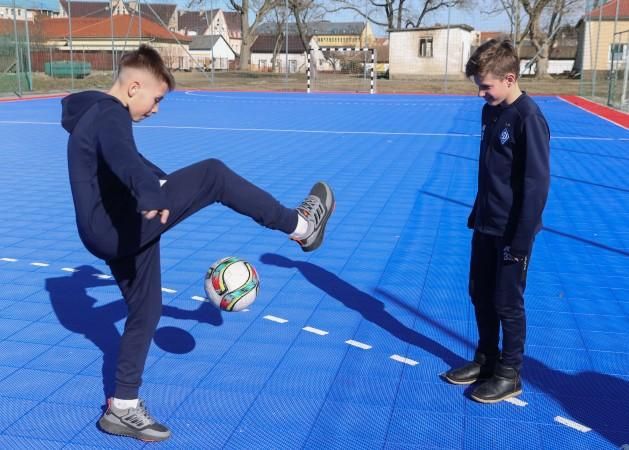
THEY CAME WITHOUT A BOAT AND A PADDLE
Twelve youth national team canoeists and three coaches trained at the Kolonics site first, then in Szolnok a few days ago. The Hungarian Canoe Federation (MKKSZ) contacted its Ukrainian partner on February 26 and offered to help. The president of the Ukrainian federation contacted them a few days later and said it would be a great help if the Hungarians could take in the youth team. And that is what happened: the Hungarian federation sent two minibuses to Záhony, and they took the athletes to the Kolonics site at night, where they trained until Tuesday. On Wednesday, they moved to Szolnok, where the national team is also preparing for the big competitions. The costs are covered for a month by the Hungarian Canoe Federation.
"These young people would not have had the chance to train at home. Although fortunately, we cannot even imagine what it was like leaving their loved ones behind, it may help – or at least that's what we see – that their daily lives are now as they were before the war broke out, as in they can train," said Gábor Schmidt, president of MKKSZ. "Seeing our example, other countries have offered their help, so there are kayakers in Turkey and Germany, and a team is on its way to Italy. The competitors couldn't bring boats and paddles with them, they only made it to the border, so we rent the necessary equipment also."
The Hungarian federation has a professional medical background, which is also offered. President Gábor Schmidt added that federation staff only tells them what they can help with, but they do not want to be pushy. There is a contact person in the federation who assesses daily what the Ukrainian team needs, and they will help them in whatever they can.
CLUBS AND CENTERS, WHERE YOUNG UKRAINIAN ATHLETES ARE ADMITTED, PROVIDE TRAINING OPPORTUNITIES
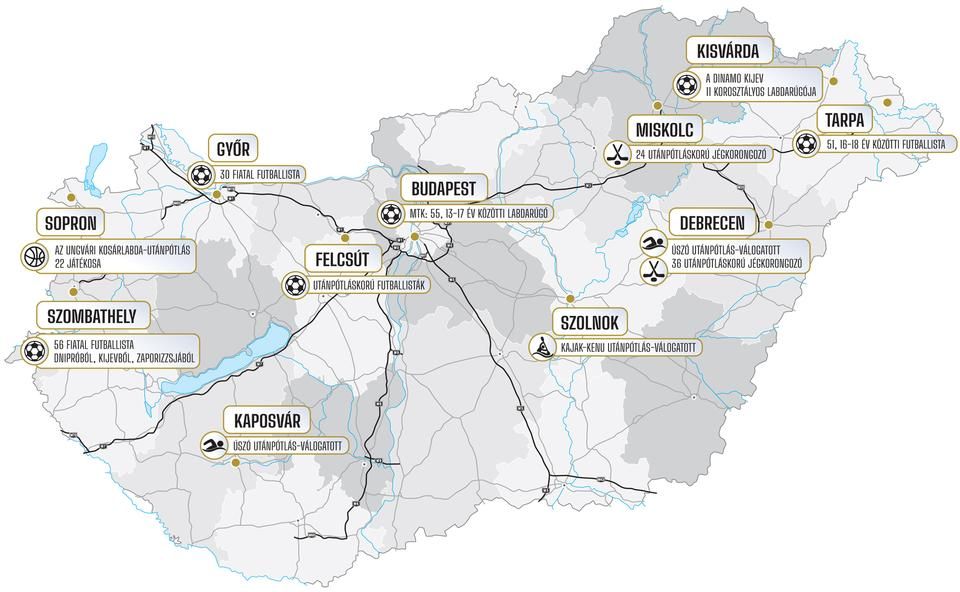
THEY TRAVELED FOR FIVE DAYS BEFORE THEY GOT HERE
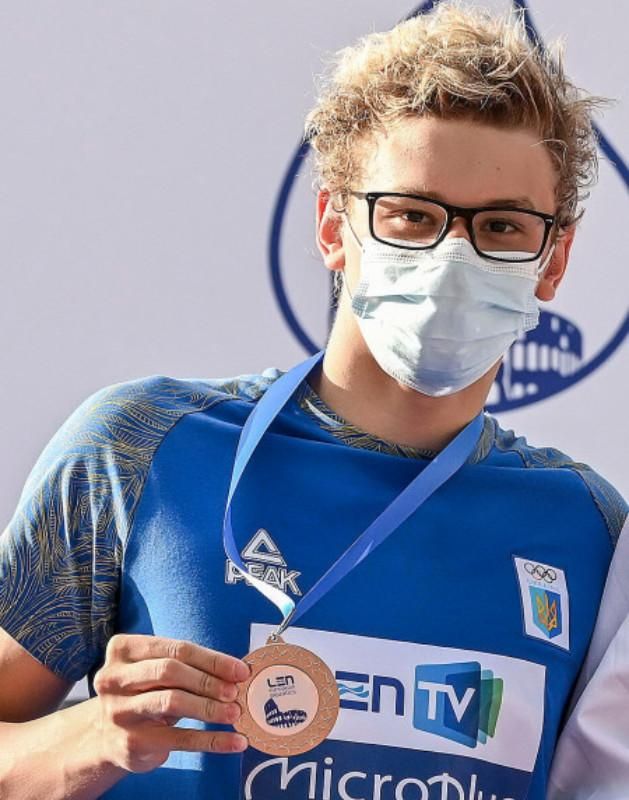
The Hungarian Swimming Federation (MÚSZ) has taken the members of the Ukrainian age-group swimming team under its wings. Twenty-three competitors, the cream of the Ukrainian youth team, were rescued from the war-torn country with the help of the Hungarian government. The 23 young swimmers, with the support of local governments, have been training in Debrecen and Kaposvár for two weeks now. The 13-18-year-old talents (accompanied to Hungary by eleven escorts, coaches, and mothers) are divided into two teams and can train twice a day. Oleksandr Zheltyakov won silver in 100m backstroke, andViktoriya Kostromina finished third in mixed relay at theEuropean Junior Swimming Championship in Rome last year, and they are also training with us.
"In recent years, we have done a lot for Hungarian swimming and received a lot of positive feedback. However, this is something else: we saved lives and saved young athletes from having to say goodbye to their swimming careers and dreams, which is a feeling that is difficult to describe in words", said Sándor Wladár, President of MÚSZ.
How this was able to happen can be traced back to 1980: Sándor Wladár became good friends with Serhiy Fesenko at the Moscow Olympics. They both became Olympic champions; Fesenko won the 200m butterfly.
"He stayed at my place for a month in 1992 and we've been following each other ever since. At the outbreak of the war, he asked us in writing if we could help, because he works for the Ukrainian federation,”Sándor Wladár went into the details. “Iimmediately contacted the government officials and tried to find partners. Finally, we managed to agree on the details with our Vice President, András Becsky, managing director of the Debrecen Sports Center, and Tamás Dér, deputy mayor of Kaposvár, the head of the local sports school. There would be a lot more people coming, but we can only take in the people that Serhiy officially asks of us."
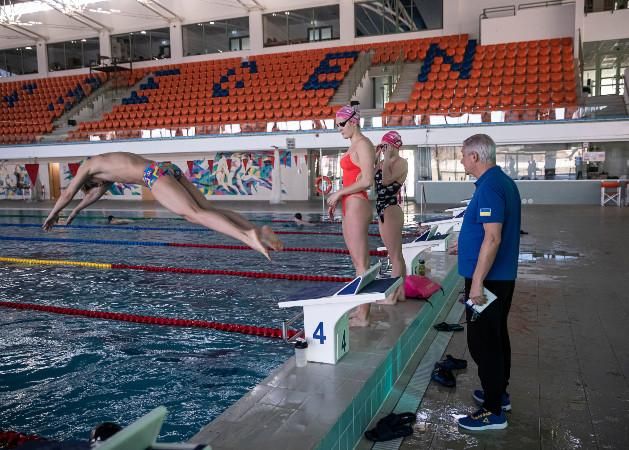
The swimming team could cross Hungary through ordeals: the journey from Kyiv to Romania lasted almost five full days.

MÚSZ will cover the costs of the young Ukrainians' stay, but the Ukrainian federation will soon contact LEN, the European Swimming Federation, and ask for financial assistance to the countries hosting its athletes.
THEY ARE FAR APART FROM EACH OTHER, BUT IN GOOD HANDS
In difficult times, only cohesion can be the recipe – says the Hungarian hockey community, which makes Debrecen and Miskolc a temporary home for Ukrainian youth players forced to flee due to the Russian-Ukrainian conflict.
When the SDYuSShOR U16 team from Kharkiv left for Debrecen, they planned to stay for a long weekend. Now, more than two weeks later, the team is still on its way – a temporary home was found in Sanok, Poland.
"We are far apart from each other, but as parents, our hearts are at ease because we know that our children are surrounded by the incredible support and care of the great hockey family," the Ukrainian ice hockey team writes on its Facebook page.
"Kharkivians were on their way to Debrecen when received the news of the invasion," said Levente Sipos, General Secretary of the Hungarian Ice Hockey Federation. “Immediately after their arrival, a Polish team approached them who offered to give them accommodation once the tournament was over. This was the first contact, and the Ukrainians accepted the offer right away."
Initially, the biggest problem was how to provide the Kharkiv team, which had only a few days' supply, everything they needed to stay away for an uncertain period of time. In addition to the problem, Ukrainian bank cards did not work in Hungary at the time.
"The Hungarian Ice Hockey Federation soon offered all possible assistance: it collected money, put together 20 bags for the children and even acquired an Xbox," said Márta Plásztán-Brehószki, President of the Debrecen Hockey Club.
This was only the beginning because as more and more Ukrainians fled their homeland, the Hungarian ice hockey community also took action. Despite hockey equipment not being exactly a primary necessity for people fleeing war zones, the hockey family quickly realized that returning to the ice can give children a sense of relative normality in times of crisis. Nine hockey players has arrived at DVTK so far, but a total of 24 young athletes and their relatives are expected to come.
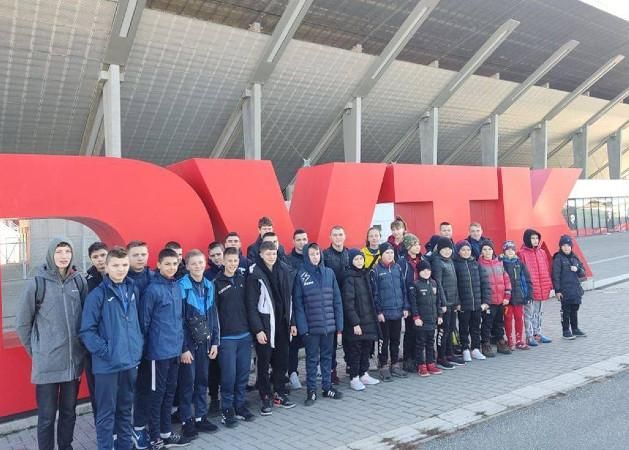
"In the Generali Arena next to the Miskolc Ice Hall, we accommodate them in rooms with two or four beds, we also provide equipment, training, and meals," saidÁdám Nagy, chief operating officer of the DVTK Polar Bears Academy. He also adds that three of their minivans are waiting for the arrival of additional refugees. In addition to the federation in Borsod-Abaúj-Zemplén county, thanks to the joint work of the Debrecen Hockey Club, DEAC, and the University of Debrecen, 36 young hockey players – together with their mothers and brothers – have found a new temporary home on the college campus on Kartács Street. The ice hockey federation launched a charity marathon on March 10 with a group of influencers through social media, raising more than 3,990 euros with the support of the foundation called Szintlépés Alapítvány.
"That's what it means to be part of the hockey family... When a known or unknown buddy gets in trouble, the community accepts them and gives them all the support possible, because they are one of us, and we know that they would do the same for us," added Levente Sipos, stressing the cohesiveness of the common passion.
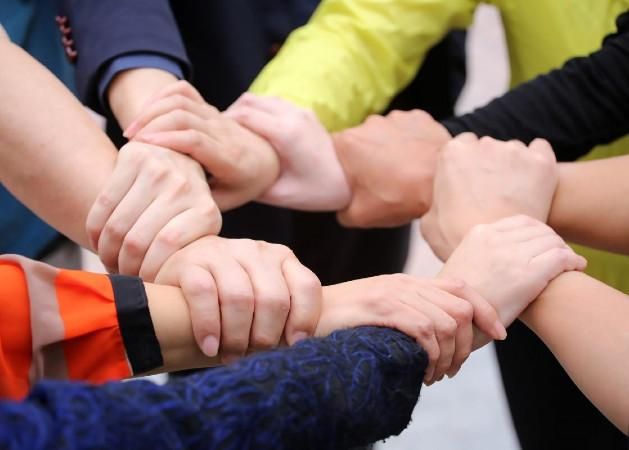
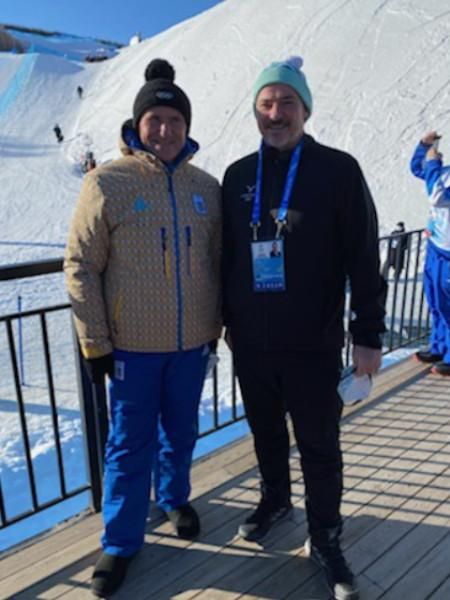
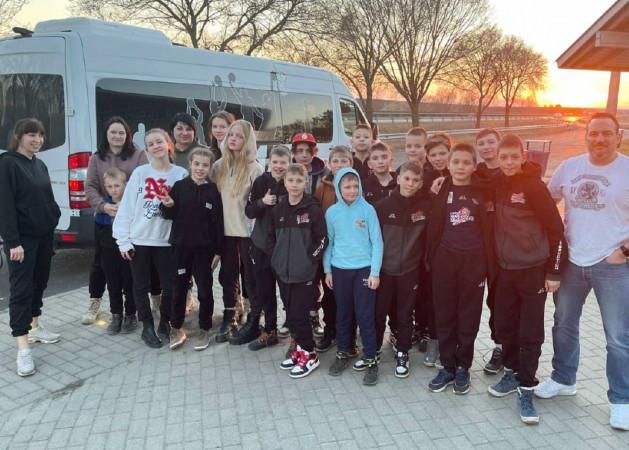
Translated by Vanda Orosz
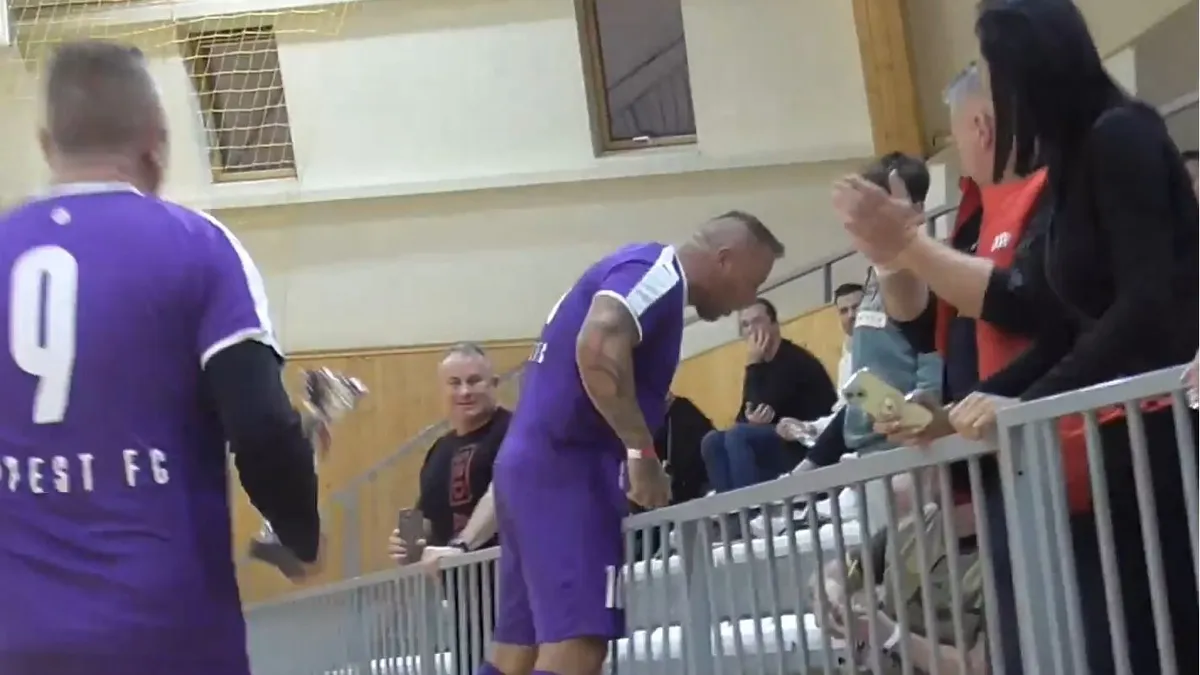
Curtis pofonvágta az őt gyalázó szurkolót a lelátón
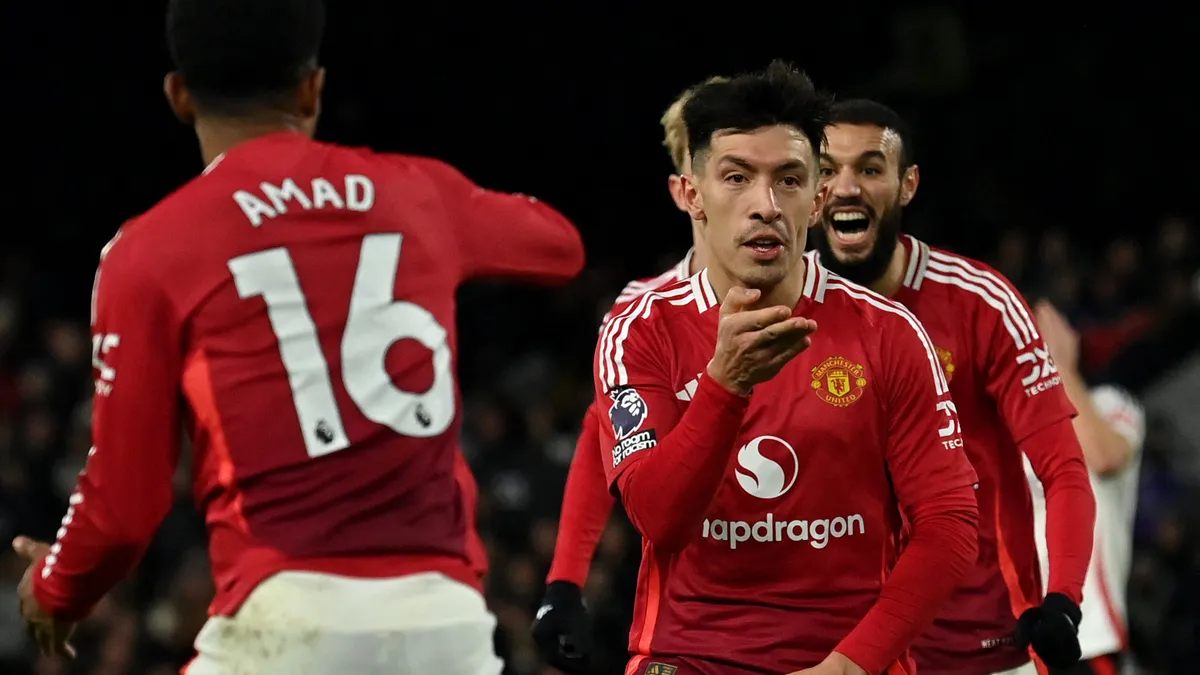
Az MU egyszer találta el a kaput, de egy szerencsés góllal így is nyert
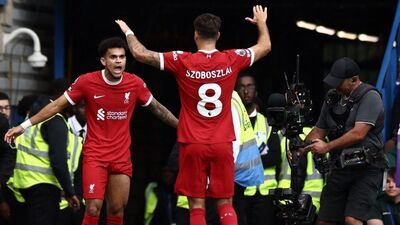
Ez nem hiányzott: Szoboszlai Dominik még egy világsztár miatt aggódhat!
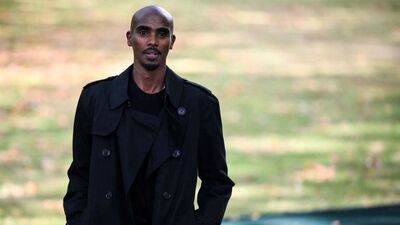
Milliárdokért árulja luxusotthonát az olimpiai bajnok

Villámgyors finomság – az 5 legjobb tejbegrízrecept
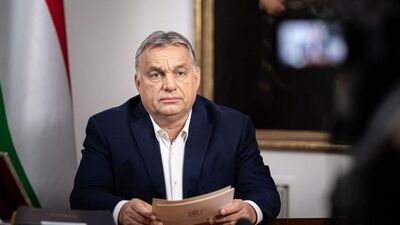
Orbán Viktor elutazik, ezen a helyen magyar kormányfő még nem járt
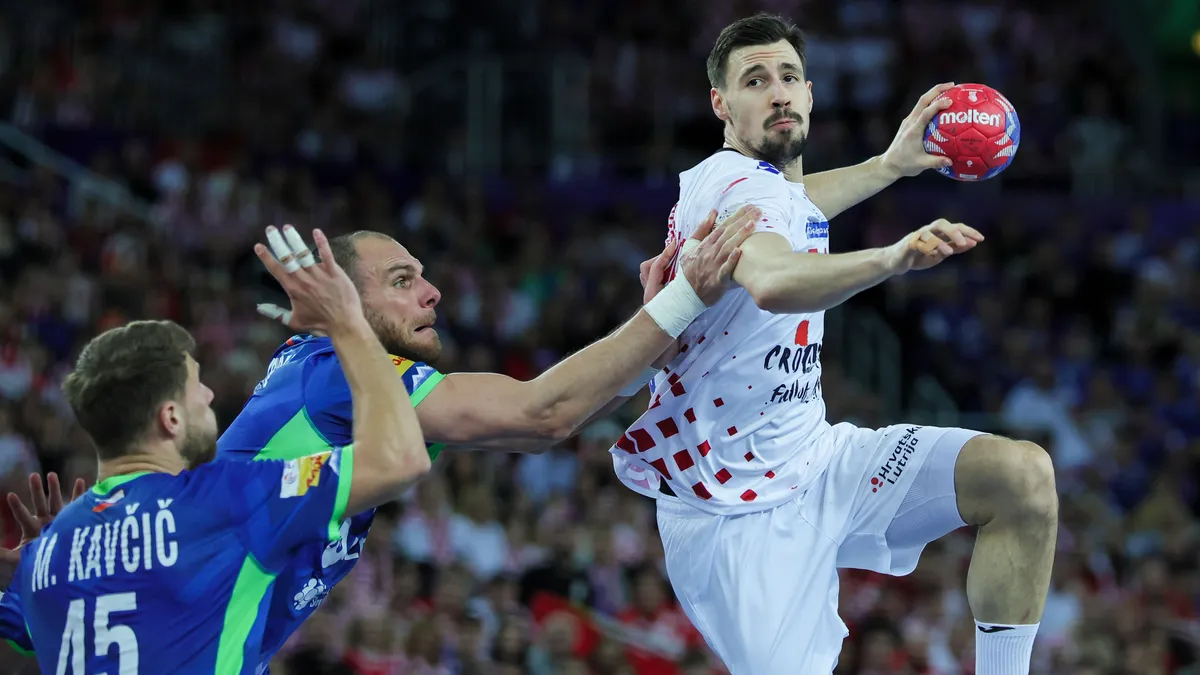
A szlovénokat legyőző Horvátország lesz a mieink negyeddöntős ellenfele kedden 18 órakor a kézi-vb-n

Szoboszlai szenzációs passzán ámul a világ - videó

A Chiefs újabb drámai meccsen nyert a Bills ellen – triplázás kapujában a Kansas City!
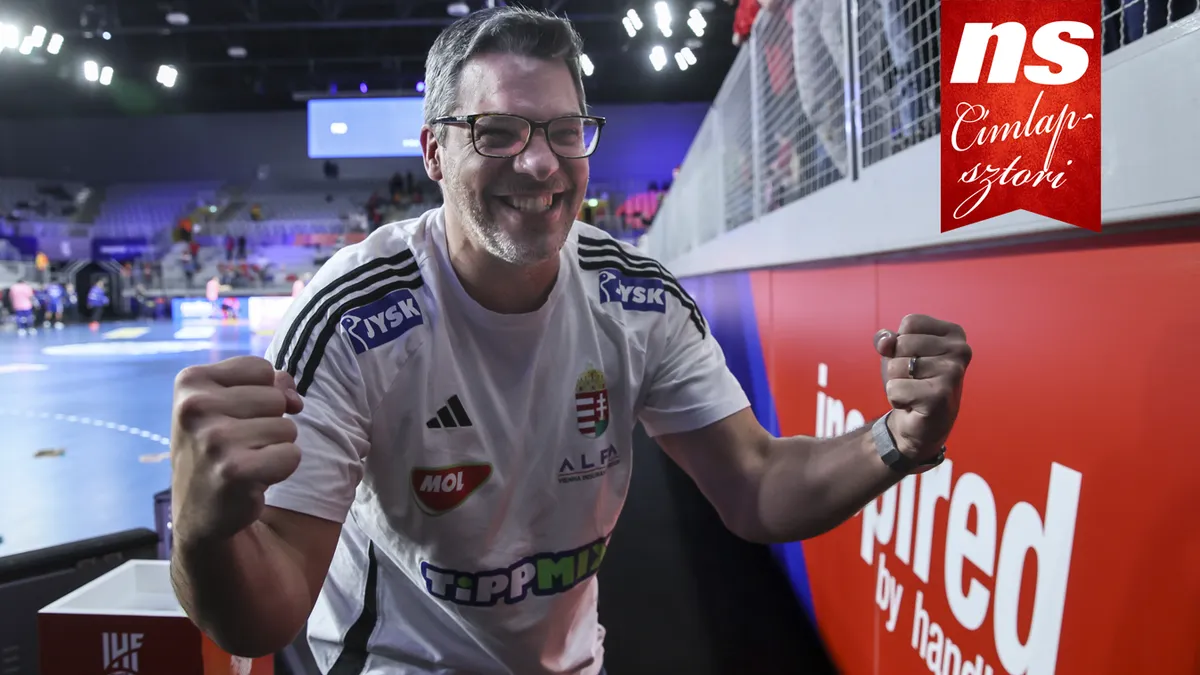
Chema Rodríguez: Óriási dolog, hogy sorozatban harmadszor ott vagyunk a nyolc között
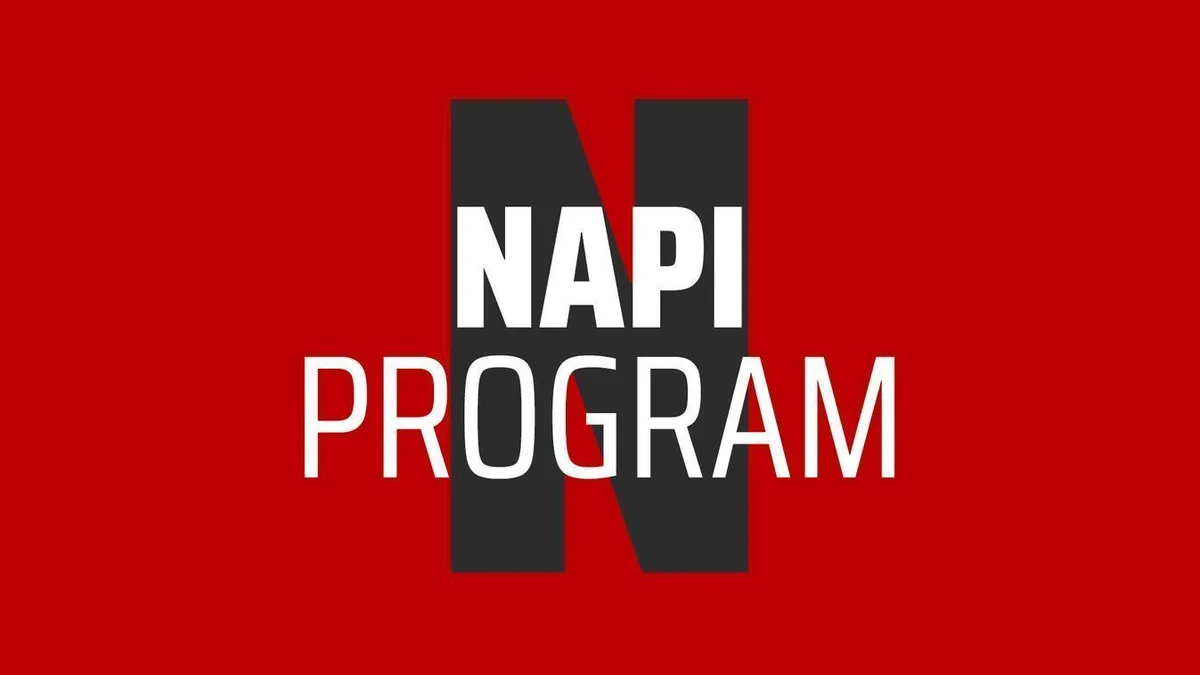
Hétfői sportműsor: olasz, spanyol és angol futball, magyar futsal
